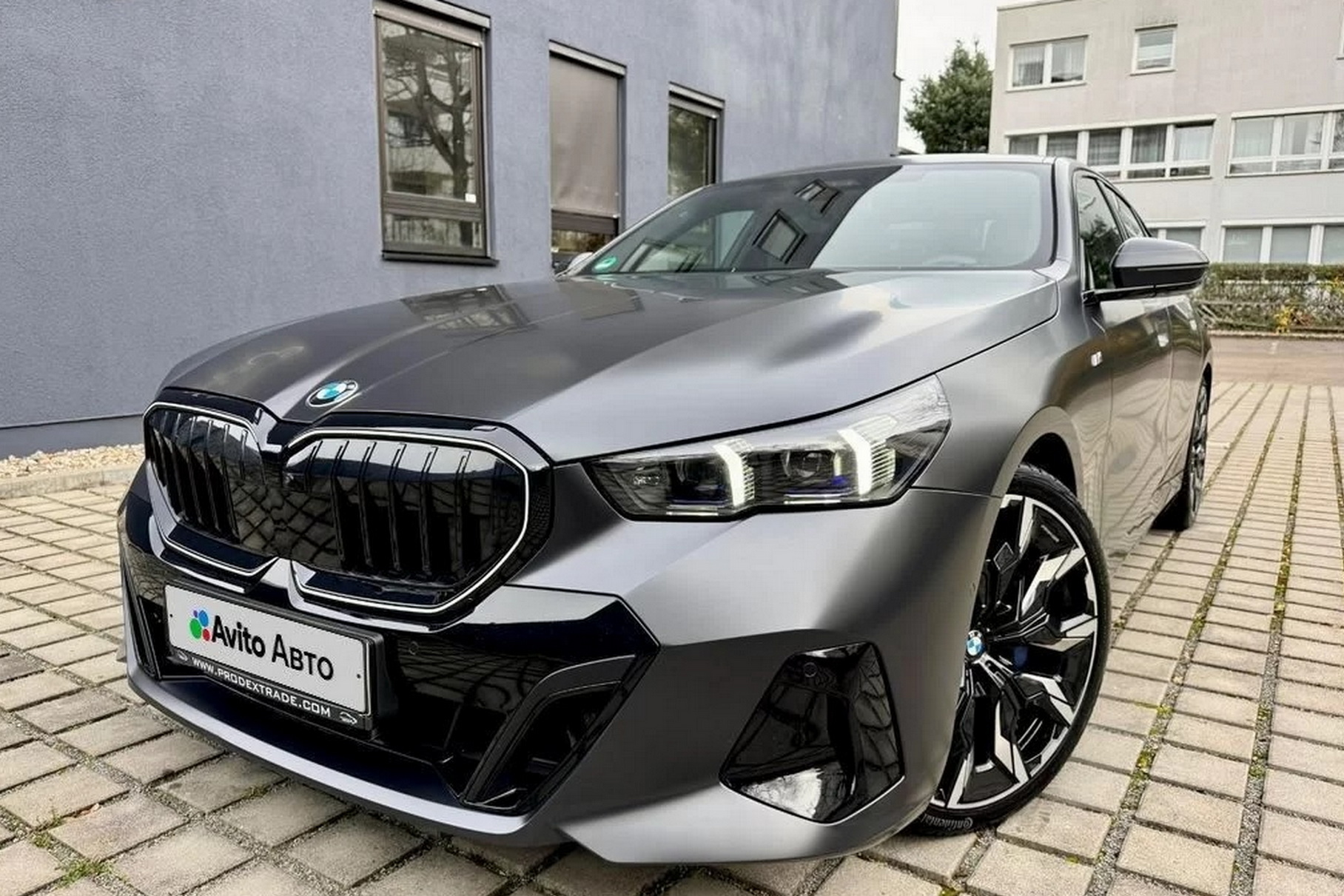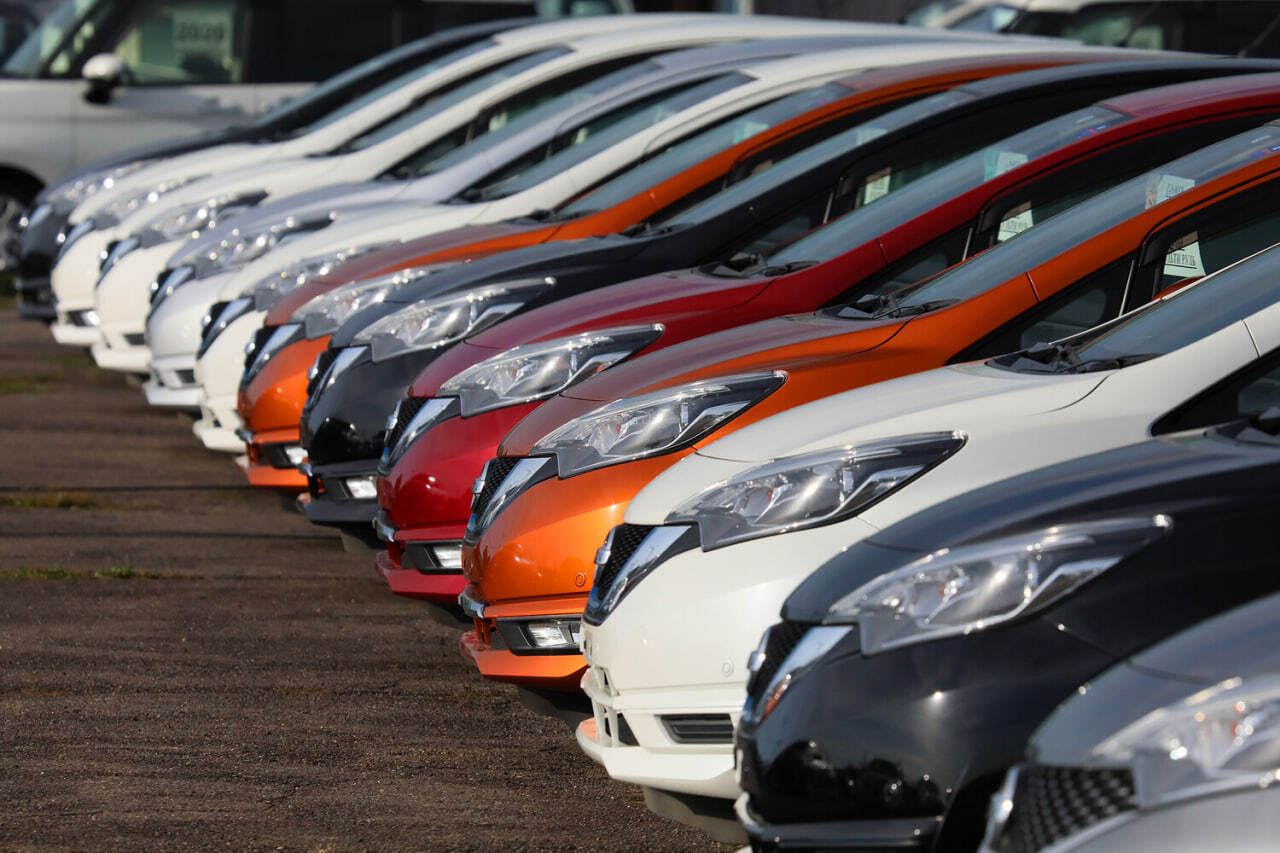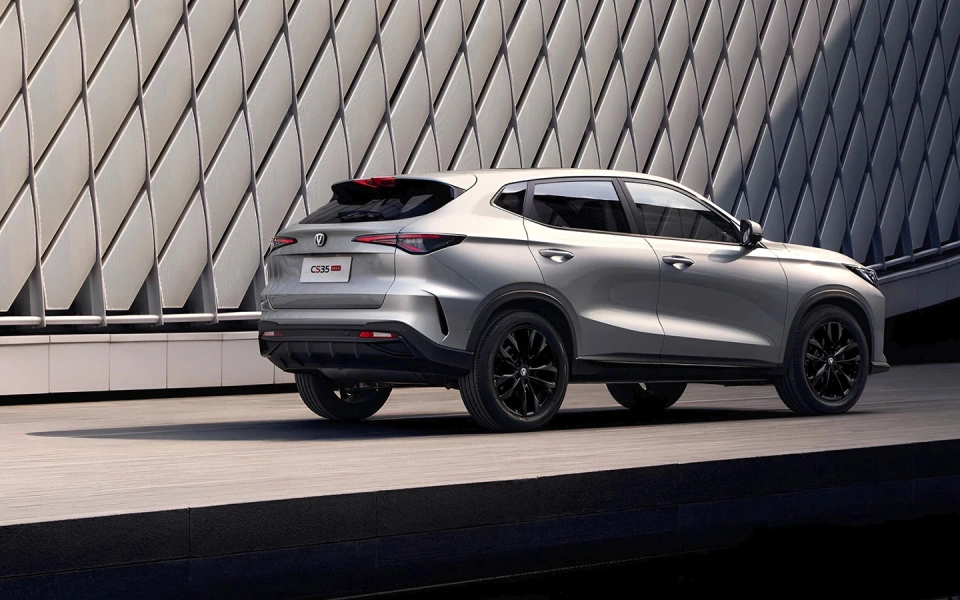The British edition of the Financial Times came to this conclusion after analyzing dozens of classified advertisements and talking with officials. Foreign journalists admitted that it would not be difficult for a Russian to purchase a luxury car from Germany despite the sanctions, but he would have to overpay for complex supply chains: the average markup is 19 thousand euros.
The author of the Financial Times article called the import of luxury cars from Europe to Russia “smuggling,” but the interlocutor from the European Commission reacted calmly to the “sanctioned” supplies: he said that buying cars does not cause much concern “as long as the Russians overpay.” On Russian classified sites there are dozens of ads with cars taken directly from European car dealerships.
The Russian government replaced the Aurus with the “sanctioned” BMW 7-Series. The heads of the Russian region bought the “sanctioned” VW Multivan into the vehicle fleet. General Motors has found a way to circumvent American sanctions: that’s why
All dealers interviewed by the Financial Times said they had nothing to do with advertising in Russia. However, a representative of the Kessler & Haag company, Arthur Kessler, when asked about transit deliveries from Kyrgyzstan to Russia, answered: “We have a buyer, an exporter with all the necessary documents, and then I don’t want to know what happens to the car.” It looks like other dealers are doing business the same way.
Although the number of European models on Russian roads has decreased after 2022, new BMW or Mercedes-Benz products are not uncommon. In December, the Bavarian brand admitted that the facts of car deliveries to Russia in defiance of sanctions were confirmed: they promised to punish the perpetrators and fire the organizers of the scheme.
Past sanctions: “prohibited” cars registered in Russia








